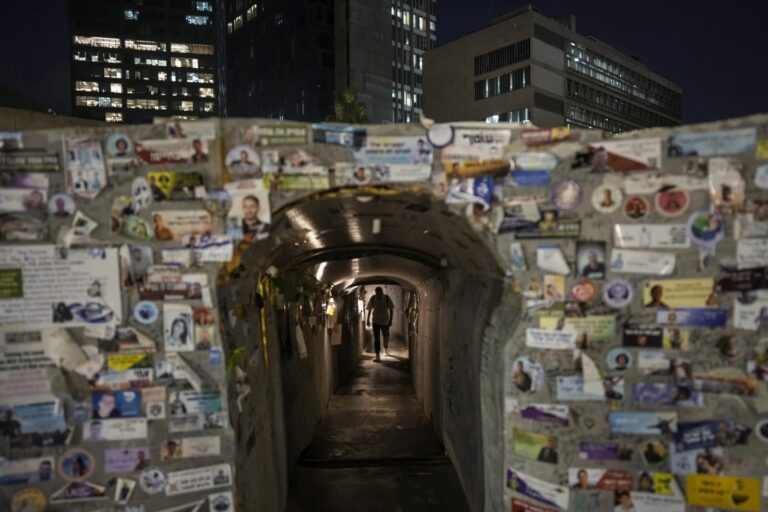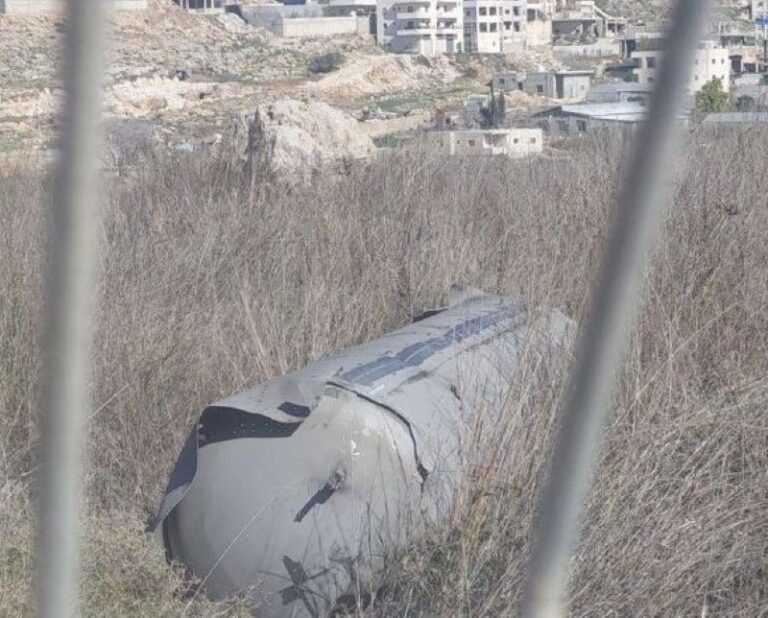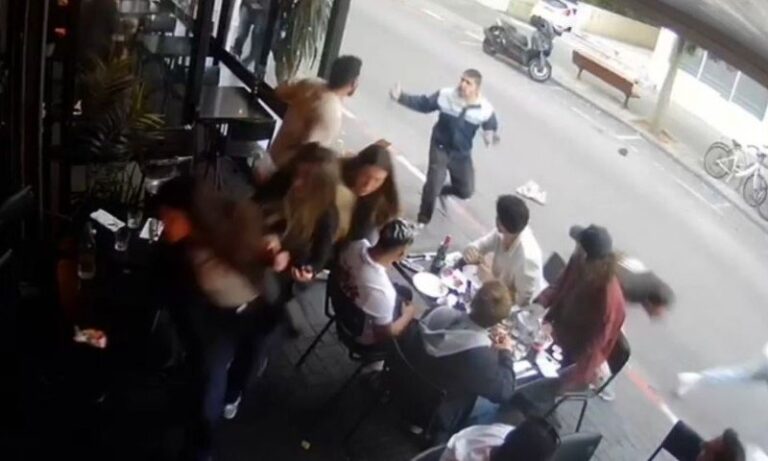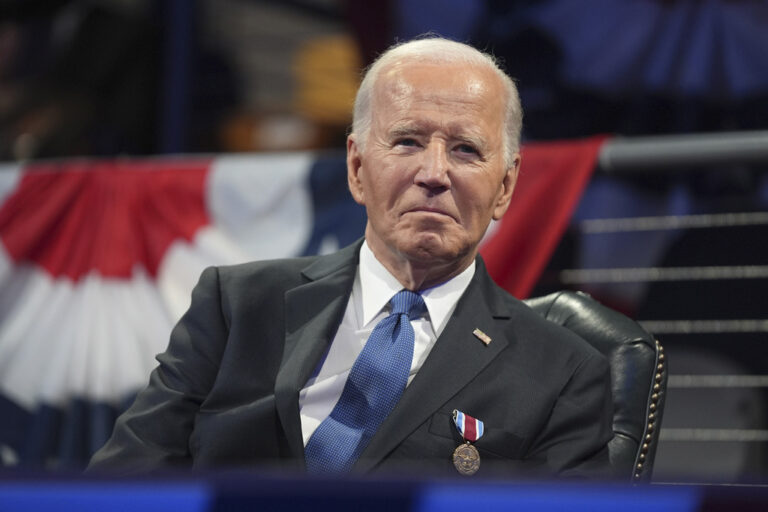The Jerusalem Municipality signed a financing agreement with a syndicate led by Bank Leumi, in the amount of 1 billion NIS, to build 1,000 new classrooms in Jerusalem.
Mayor Nir Barkat, head of the commercial banking division at Bank Leumi, signed a financing agreement for the construction of 1,000 new classrooms in the capital.
This is a syndicate agreement, led by Bank Leumi, and which is jointly owned by Harel, Menorah Mivtachim, Discount Bank and First International Bank. The move was launched after about two weeks ago, Interior Minister Aryeh Deri signed the permit to allow it. The funding will be used to build about 1,000 standard and new classrooms throughout the city, in order to meet the shortage of over 4,092 classrooms for 100,000 students in all sectors of the city. The construction of the classrooms will save the municipality gradually about 140 million, which the municipality invests every year from its current budget for renting temporary, non-standard buildings and preparing them for classrooms.
Jerusalem Mayor Nir Barkat noted that “the economic model we created in thinking outside the box to build the classrooms by means of funding is a breakthrough and a great news for the residents … The state’s duty to allow every student the right conditions for studies and success and since this has not been budgeted by the state, I have acted. I am grateful to Bank Leumi for their cooperation on behalf of the children of Jerusalem, in continuation of long-term cooperation.
Kobi Haber, Head of Commercial Banking at Bank Leumi added: “We are pleased to have been able to harness the experience and knowledge we have accumulated over the past decade in the field of complex financing in order to achieve a worthy goal, a large-scale creative transaction with banks and other institutional entities. With the assistance of businesses and public bodies such as the Jerusalem Municipality, which receive real added value and a complementary financing solution that facilitates their development. ”
For many years, there has been a shortage of thousands of standard classrooms in Jerusalem, due to lack of funding for the Ministry of Finance and Education. While the natural increase is about 186 classrooms a year, the state budget allocates about 60 classrooms per year. According to a survey conducted by the municipality in Jerusalem, the city is lacking over 4,092 classrooms: about 366 in the general sector, 2,054 in the Arab sector and 1,672 in the chareidi sector. The lack of classrooms means that about 100,000 students in Jerusalem do not have a standard classroom to study in. The cost of closing the entire gap is estimated at more than 5 billion NIS.
Under the guidance of the mayor, the municipality focuses on promoting and shortening the processes for accelerating construction. Under the leadership of the municipality’s director-general, a professional project is run to plan and finance the construction of thousands of kindergarten classrooms and missing classrooms: a special department for the construction of classrooms will be established under Moriah, a subsidiary of the municipality, and will be responsible for locating the areas, The Municipality plans to shorten the planning and construction process to take about a year and a half to two years, reducing the process by about a year, and the new classrooms will be built next to laboratory rooms, libraries, areas of activity and more.
The Jerusalem Municipality was represented by attorneys Dana Yagur, Hodaya Schneider and David Dydek from Meitar Liquornik Geva Leshem Tal & Co.. The funders were represented by editors Yariv Shalom, Assaf Iluz and Yoni Steimantz of Lipa Meir & Co..
(YWN – Israel Desk, Jerusalem/Photo Credit: Jackie Levy)











